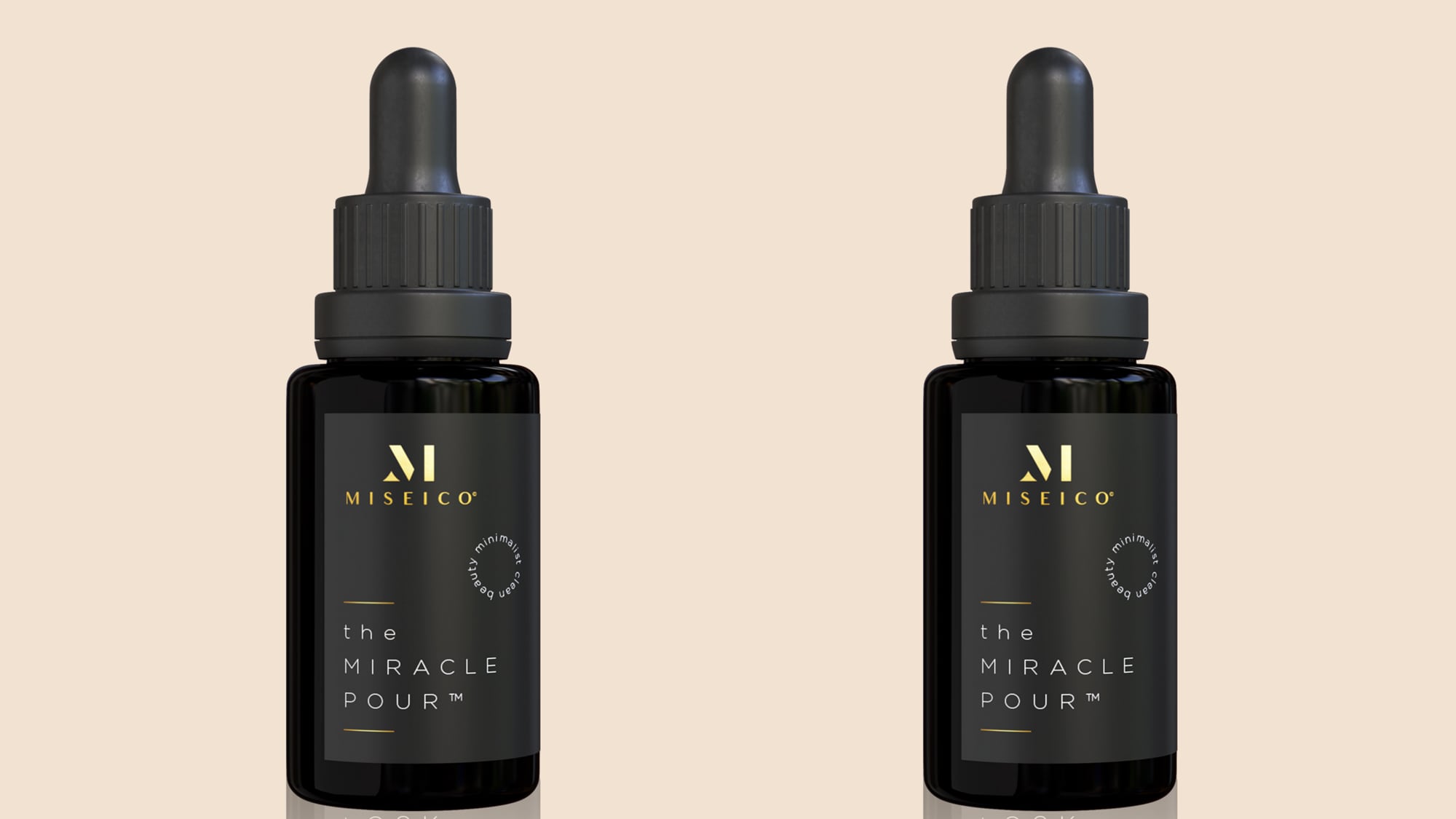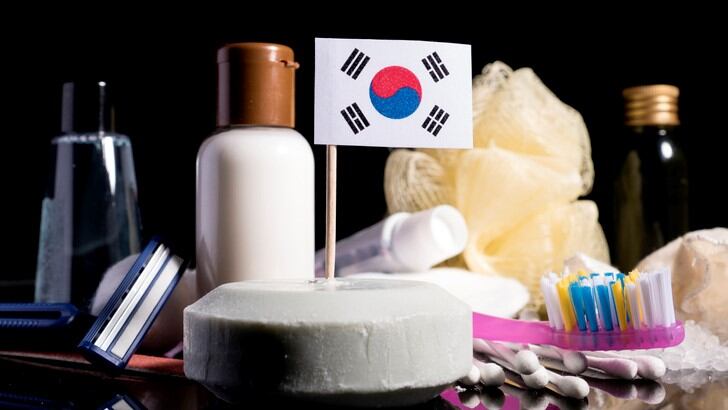China remains one of the few countries in the world to require animal tests for beauty products.
Currently, its laws require tests on animals for all imported cosmetics, excluding those that are sold via cross border e-commerce (CBEC) channel.
When the new measures come into effect, it would bring the regulation of imported general use cosmetics – such as shampoo, lipsticks or body lotions – in line with the requirements for those made domestically in China.
The draft Instructions for Cosmetic Registration and Notification Dossiers was published on August 28 by the National Institutes for Food and Drug Control (NIFDC).
It followed the June 29 release of the final version of Cosmetic Supervision and Administration Regulation (CSAR), which will take effect on January 1, 2021.
The draft will be open for consultation to till September 14, 2020.
Hurdles for foreign companies
The conditions for exemption may prove to be a challenge for foreign cosmetic companies.
The new regulations state that general cosmetics manufactured under Good Manufacturing Practice (GMP) conditions and with substantiated safety as defined by risk assessment will be exempted from relevant toxicology tests.
To qualify for toxicology tests exemption, the regulations require cosmetic companies to have GMP certification from their local government regulatory departments.
However, Hedy He, senior regulatory analyst, ChemLinked, pointed out that most foreign GMP certificates are issued by associations or third-party institutions.
Additionally, the law would require companies to submit safety assessment in place of animal testing, but the government has not specified if overseas safety assessments reports and assessors will be accepted.
“Although the animal testing exemption is subject to great limitation, we still can see that China is making continuous efforts to realise cruelty-free in the cosmetic sector so more foreign cruelty-free brands may enter the Chinese market in the near future,” said He.
Singapore-based organic and cruelty-free cosmetics company Liht Organics has recently expanded into the Chinese market through cross-border e-commerce (CBEC) via Tmall to avoid the mandatory animal testing requirements.
Founder Nerissa Low said she is hopeful about the regulations as she believes there is a lot of potential for the brand in China’s offline market.
“Because of the sheer volume and scale of [China], that would help to expand our business quite a fair bit. I do have many Chinese contacts that wanted to sell offline for us, but we said no to them – and these are very strong distributors.”
Low continued: “If we're able to go offline I would definitely want to do it but definitely not at the expense of going against our values of not doing animal testing.”
However, if the regulations continue to make brands jump through hoops, she added that the brand would not feel the pinch as much.
“The online space in China is very advanced and a lot of people buy stuff online, so I don't feel like we're missing out on a lot if we're not able to do offline.”
Stricter requirements
The draft Instructions for Cosmetic Registration and Notification Dossiers also includes other stringent requirements that may prove challenging for some cosmetic companies.
“So far, most procedures have been simplified and it looks like it would be easier to introduce new products into the market. But for dossier preparation, I think the requirements have become stricter than before,” said April Guo, general manager, personal and home care division of CIRS
For instance, she noted that under the new laws, cosmetic companies must provide a Certificate of Analysis (COA) for each individual ingredient in the formulations.
“As we know the Chinese government have been focused on the management of cosmetics ingredient because they think the main issue is ingredient safety, so they are paying more attention to the ingredients.”
This would require companies to collect information on all ingredient manufacturers and suppliers, as well as their quality specification documents.
“From our experience, this work is very difficult for cosmetic companies – especially for smaller companies. This will require them to have to communicate and get the information from their ingredient suppliers. Also, once they change ingredient supplier, they have to update the information,”





